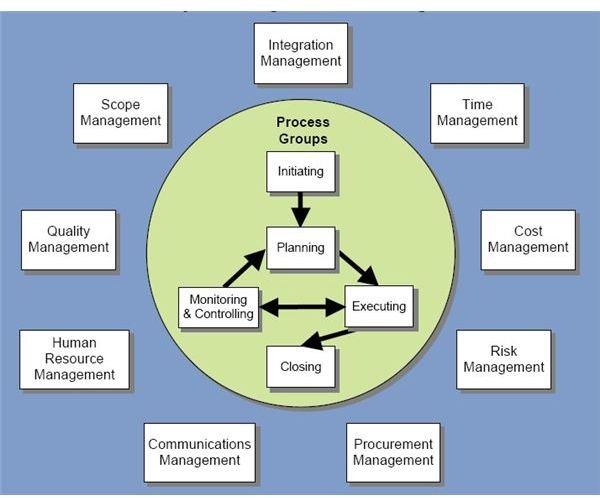Uncover Your Project Barriers to Communication and Obstacles
Communication is critically important for the success of any project and to emphasize this fact, it would not be an exaggeration to describe commincation as the heart and lungs of a project. To successfully complete a project with minimum hassles, it becomes necessary to open several channels of communication – intra-organizational, inter-organizational, within team members, with external agencies, with the sponsors and with various other stakeholders.
Barriers to Communication and Project Management
Several senior project managers with proven experience agree that many projects have been either delayed or derailed due to communication problems. It may therefore be advisable that project managers, even at the outset, analyze and set up effective communication channels to facilitate proper and timely exchange of information.
Communication takes place through various modes such as verbally in person or over the phone, through e-mail, through charters and project plans, addendums and status reports. There must be some suitable mechanism in place to ensure that all information get conveyed promptly and unambiguously to the intended recipients.
When any information or direction is conveyed verbally, it is always preferable to reconfirm the same immediately in writing – to avoid any misunderstanding at a later date. A simple but succinct e-mail should suffice except in cases when technical documents have to be transmitted. It will be helpful if all messages are brief but precise providing only as much background information as is necessary to explain the point at issue.
In today’s scenario, communication is becoming increasingly critical as more and more projects are undertaken in collaboration with multiple agencies and thus faulty communication can have far-reaching repercussions. If all people involved in a project are not kept informed as to what is happening, there can be chaos when changes occur.
Then, there is the larger question of Project Communication barriers**.**
Project Communication Barrier and How to Overcome Them - Tips for Project Managers
Quite a few project managers are not articulate enough and lack the ability to communicate effectively to make the recipients understand what is being told. Project managers suffering from limited communication skills must seriously consider receiving more experienced professionals. Yet again, even project managers capable of communicating properly place communications low in the priority list.
Then, there are those who communicate very briefly with cryptic messages little realizing that brevity should not be at the cost of clarity. The key to communicating is to keep in mind the receiver’s capability to understand and the sender should clearly convey all the facts that the receiver needs to know. For instance, if the project manager is sending a status report, then it should carry all information necessary for the reader to understand the true status of the project.
Communication barriers can seriously impede the project’s progress and Project Managers should immediately take remedial measures to set right frequently occurring communication barriers. The most common barriers to good project communications are:
- Complete lack of understanding which team member or stakeholder needs what information and when.
- Inappropriate mode of communication such as sending someone the Microsoft Project version of the work schedule when the recipient is not familiar with the project plan or the planning tool.
- The decision makers not communicating the orders to the team members in time or sending ambiguously-worded messages.
- Team mates and stakeholders ignorant of prescribed communication policies and procedures often going adrift.
- Incomplete or inaccurate pieces of information or information sent to incorrect receivers.
Project communication is about sending the right information to the right people at the right time. For this purpose, there should be a well thought-out communication plan put in place. The Communications Management Plan should comprehensively cover the methods for obtaining and sending out project information and proactively take preventive steps to remove all possible communication barriers.
Image Credit: WikiMedia Commons
